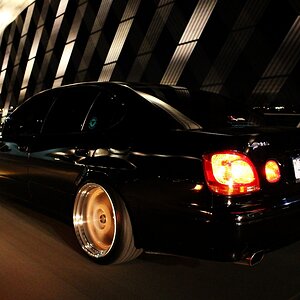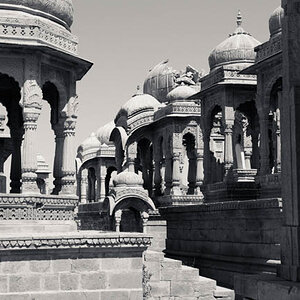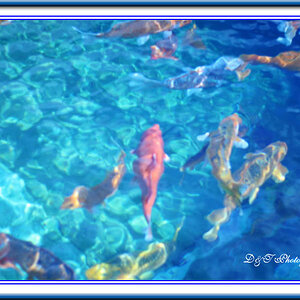dslrdave
TPF Noob!
- Joined
- Jun 30, 2010
- Messages
- 7
- Reaction score
- 0
- Location
- South Florida
- Can others edit my Photos
- Photos OK to edit
Thanks  would you be able to direct me to a thread that maybe would be more pertinent to my question? Maybe I could get a few answers?
would you be able to direct me to a thread that maybe would be more pertinent to my question? Maybe I could get a few answers?


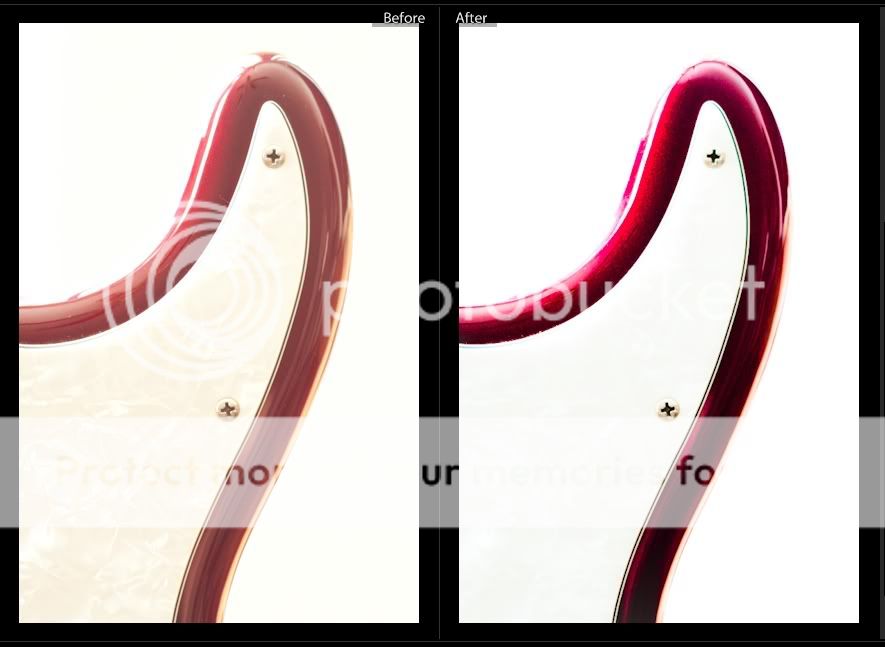
 Yup, it is. Most people don't notice right away. You must be cool.
Yup, it is. Most people don't notice right away. You must be cool.

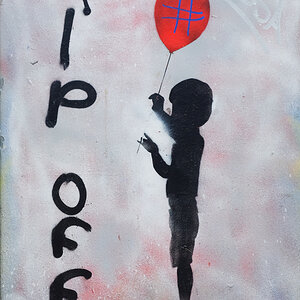
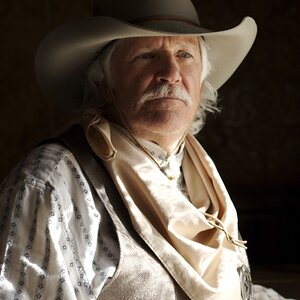
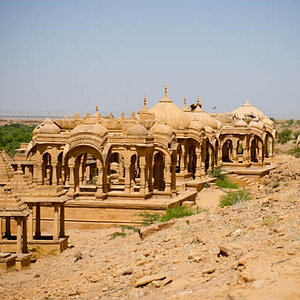
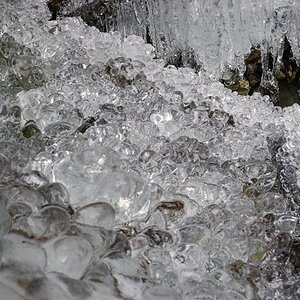
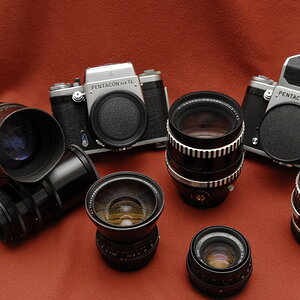

![[No title]](/data/xfmg/thumbnail/31/31752-fcbc5aa4a94154b9c273592aa37b8b1e.jpg?1619734991)
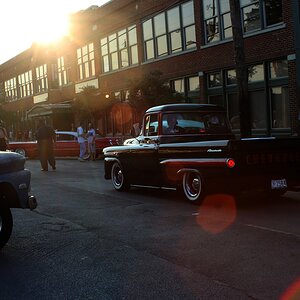
![[No title]](/data/xfmg/thumbnail/37/37494-d432dd0601f47668ec55d04f350f243b.jpg?1619738113)
